A guide to conflict resolution, or as the author prefers, “conflict transformation” that emphasizes the importance of building relationships and social structures through a radical respect for human rights and life.
This clearly articulated statement offers a hopeful and workable approach to conflict—that eternally beleaguering human situation. John Paul Lederach is internationally recognized for his breakthrough thinking and action related to conflict on all levels—person-to-person, factions within communities, warring nations. He explores why “conflict transformation” is more appropriate than “conflict resolution” or “management.” But he refuses to be drawn into impractical idealism. Topics include:
Defining Conflict Transformation
Conflict and Change
Connecting Resolution and Transformation
Creating a Map of Conflict
Developing Our Capacities
And much more!
Firmly rooted in faith and Mennonite teachings, and related to the popular concept of restorative justice, conflict transformation is an idea with a deep reach. Its practice, says Lederach, requires “both solutions and social change.” It asks not simply “How do we end something not desired?” but “How do we end something destructive and build something desired?” How do we deal with the immediate crisis, as well as the long-term situation? What disciplines make such thinking and practices possible?
Reviews:
This slender volume is a quick read, well worded so that its ideas can be readily understood. The basic principles articulated are worth deep reflection and I find them coming to mind in a variety of situations. Especially valuable is the handling dilemmas which seem either-or, yet best call for affirmation of both-and; and also the value of stretching to see how to handle immediate crises while seeing deeper, more long term issues which give rise to them. I find this book coming back to mind quite occasionally. (Amazon reviewer, 2014)
Amazing book for anyone involved in the peace, conflict resolution and transformation field. it is also handy for those willing to understand the root basics of conflict be it in personal life and one to one individual relationship. as well as how to transform them. (2013)

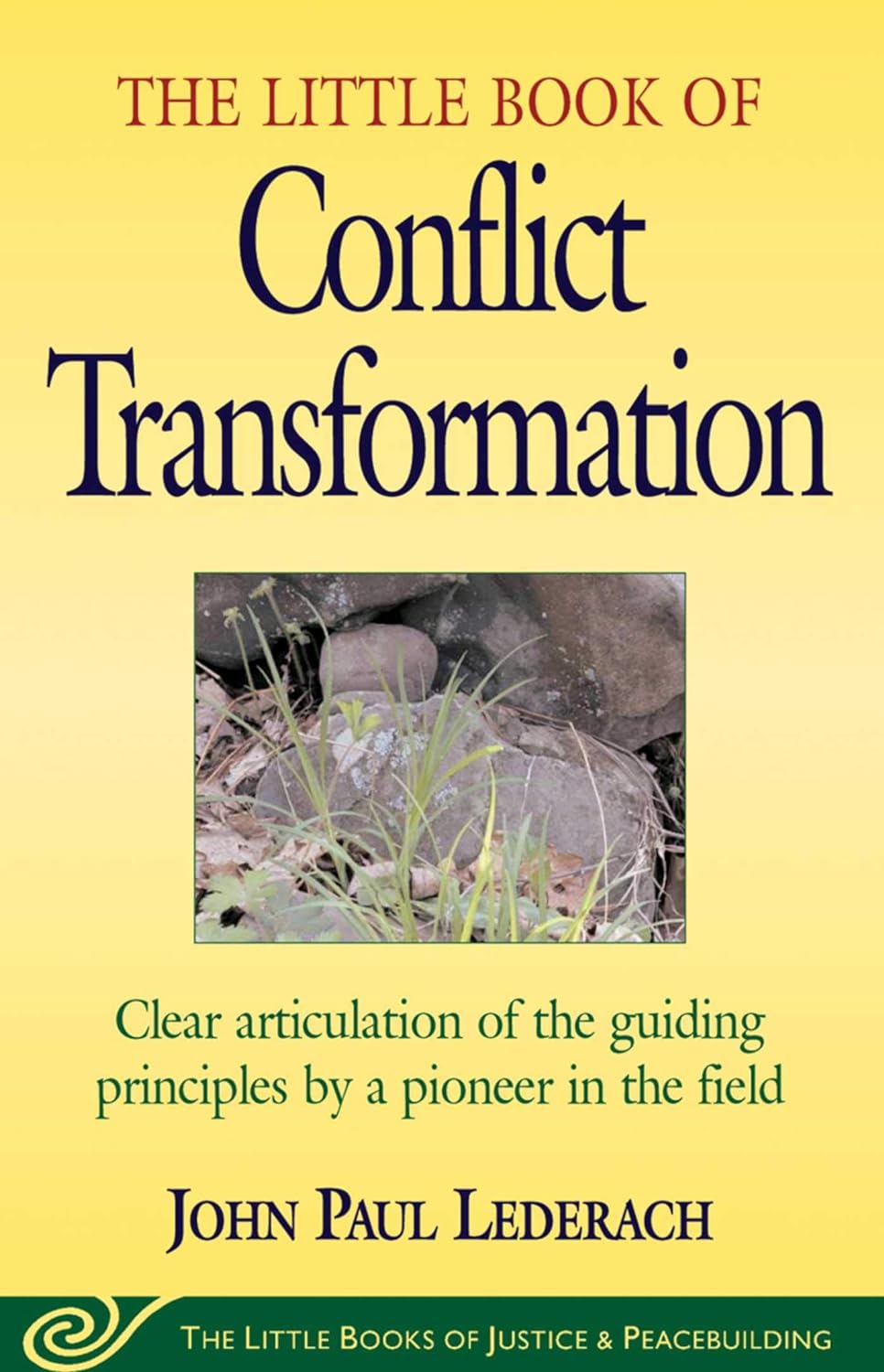
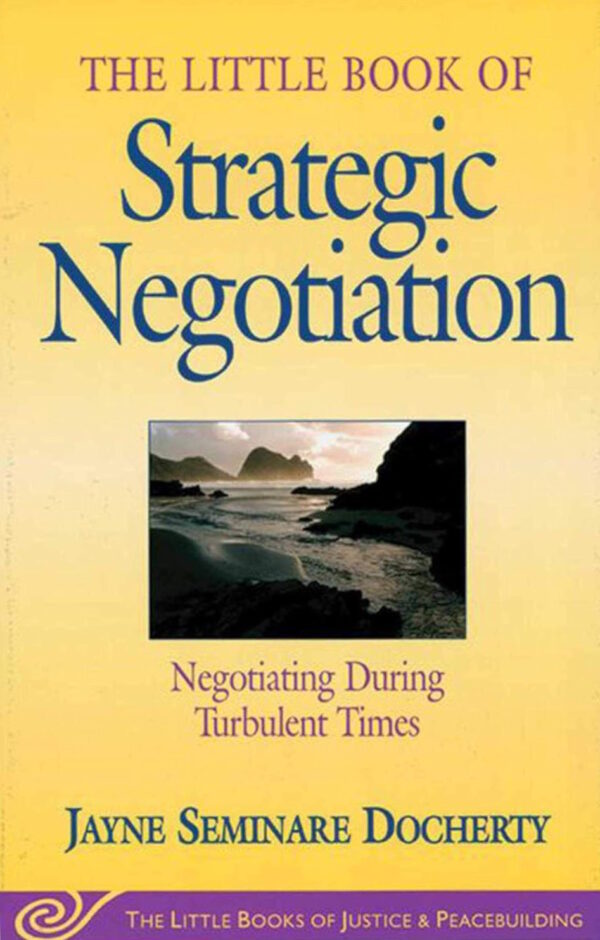
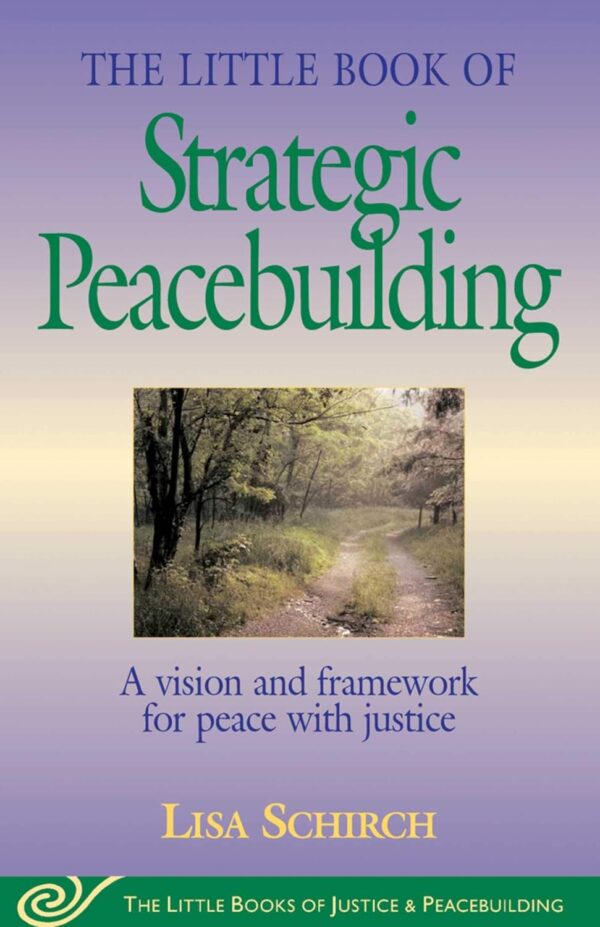
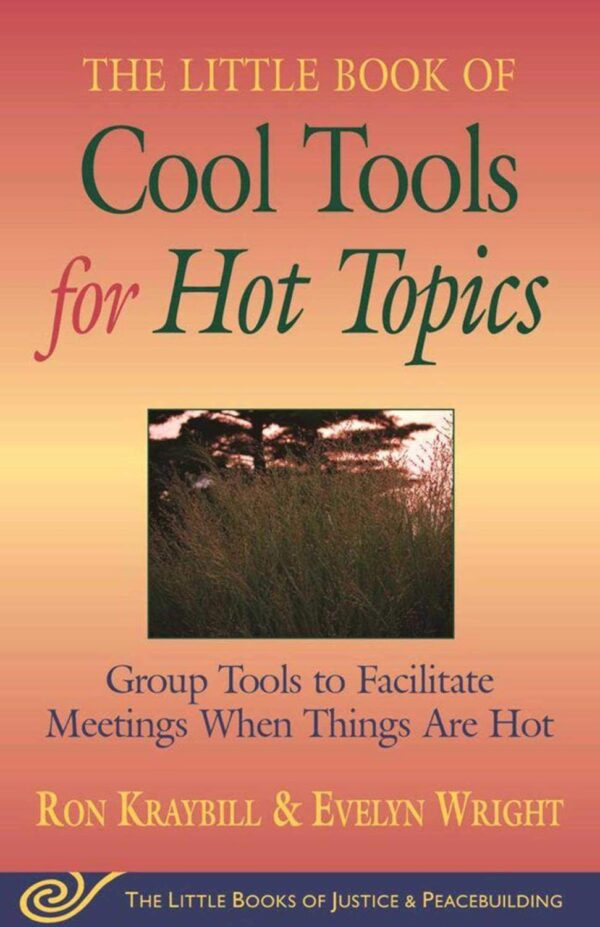
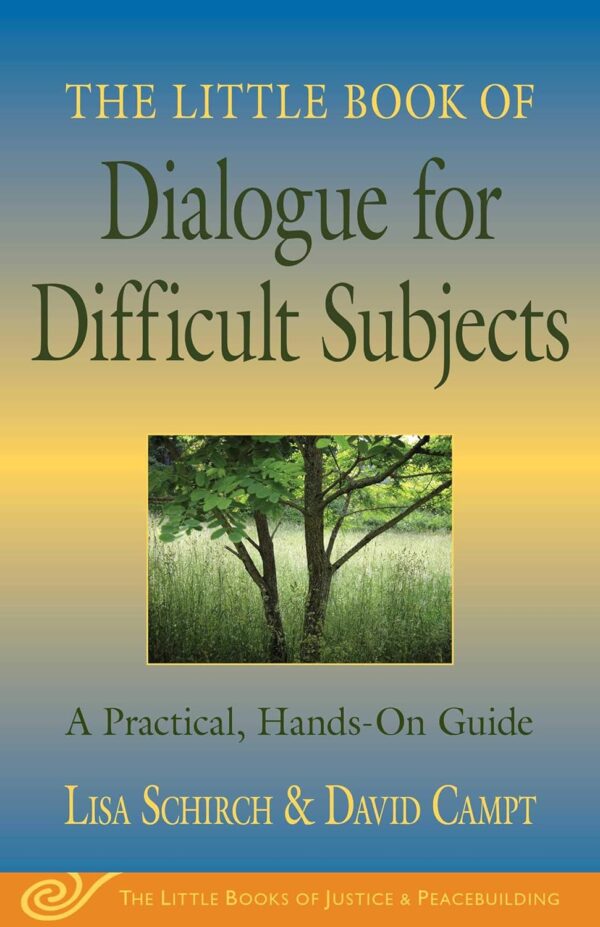
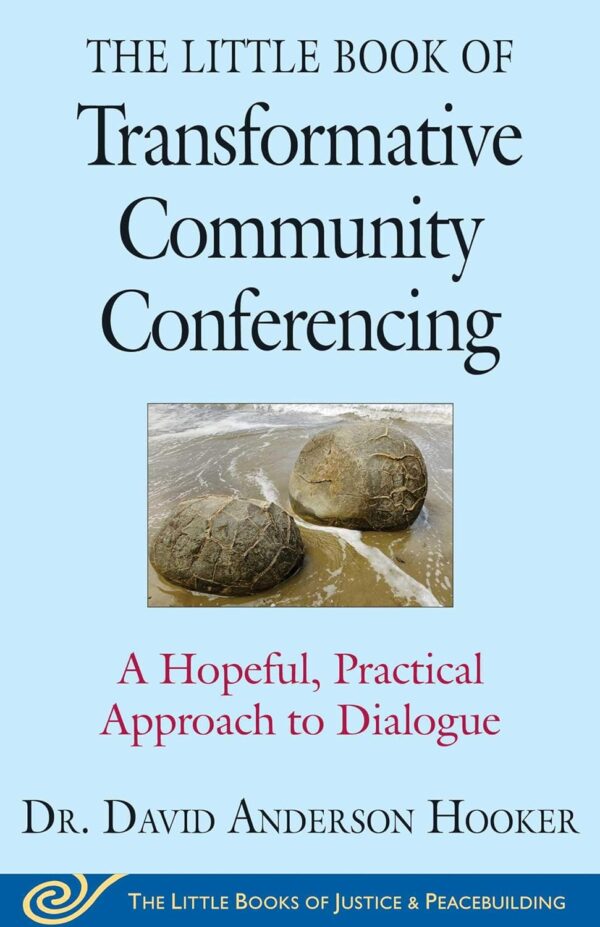
Reviews
There are no reviews yet.